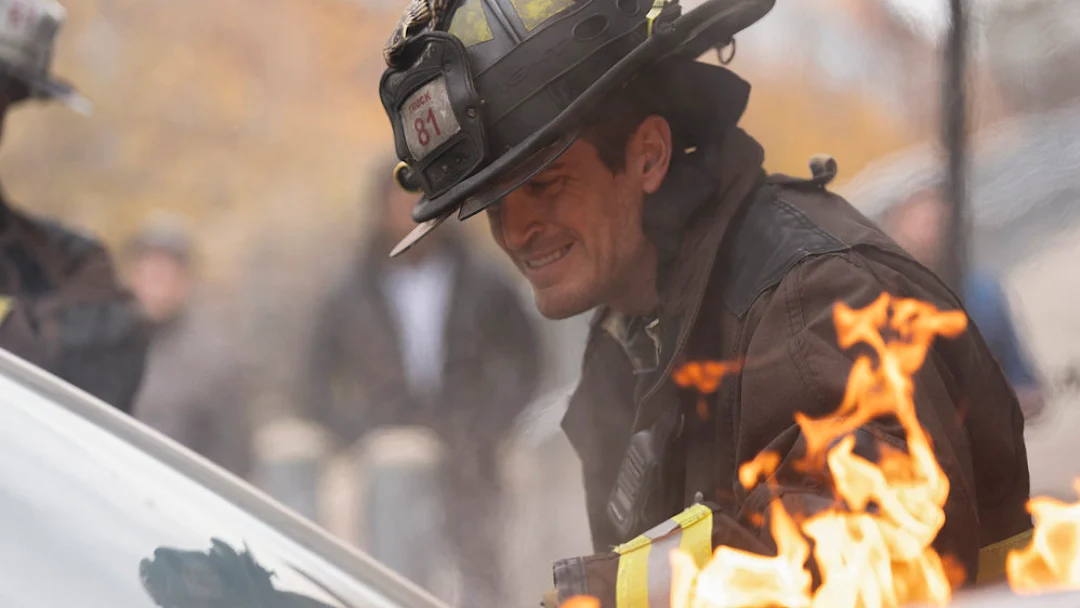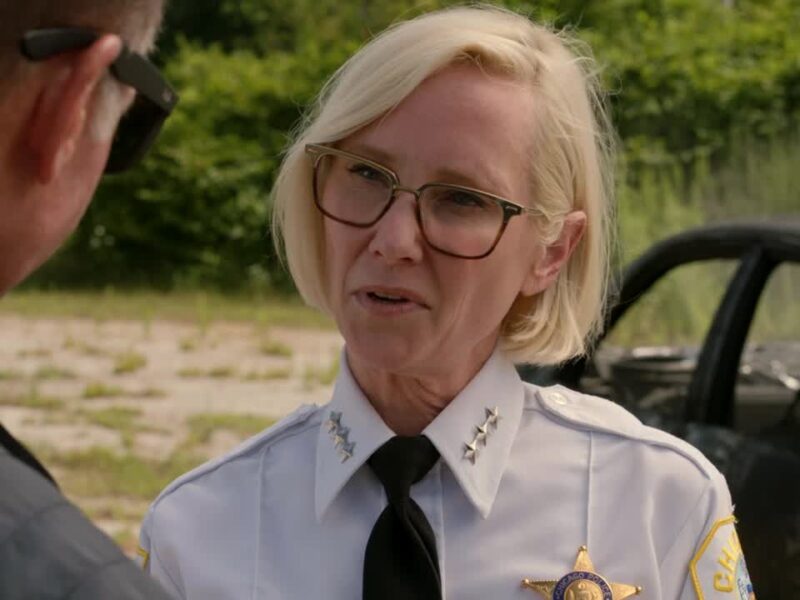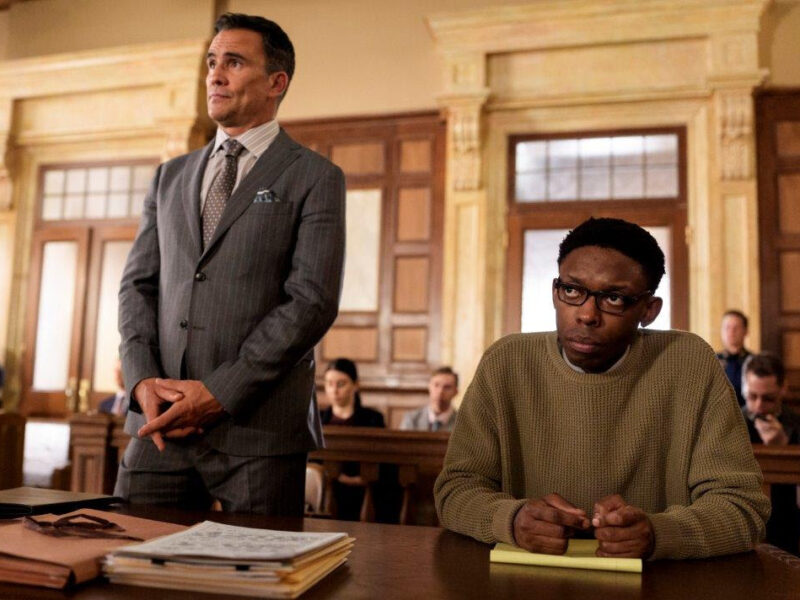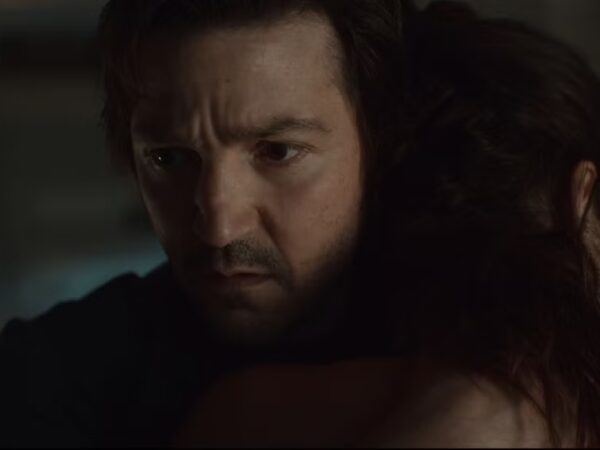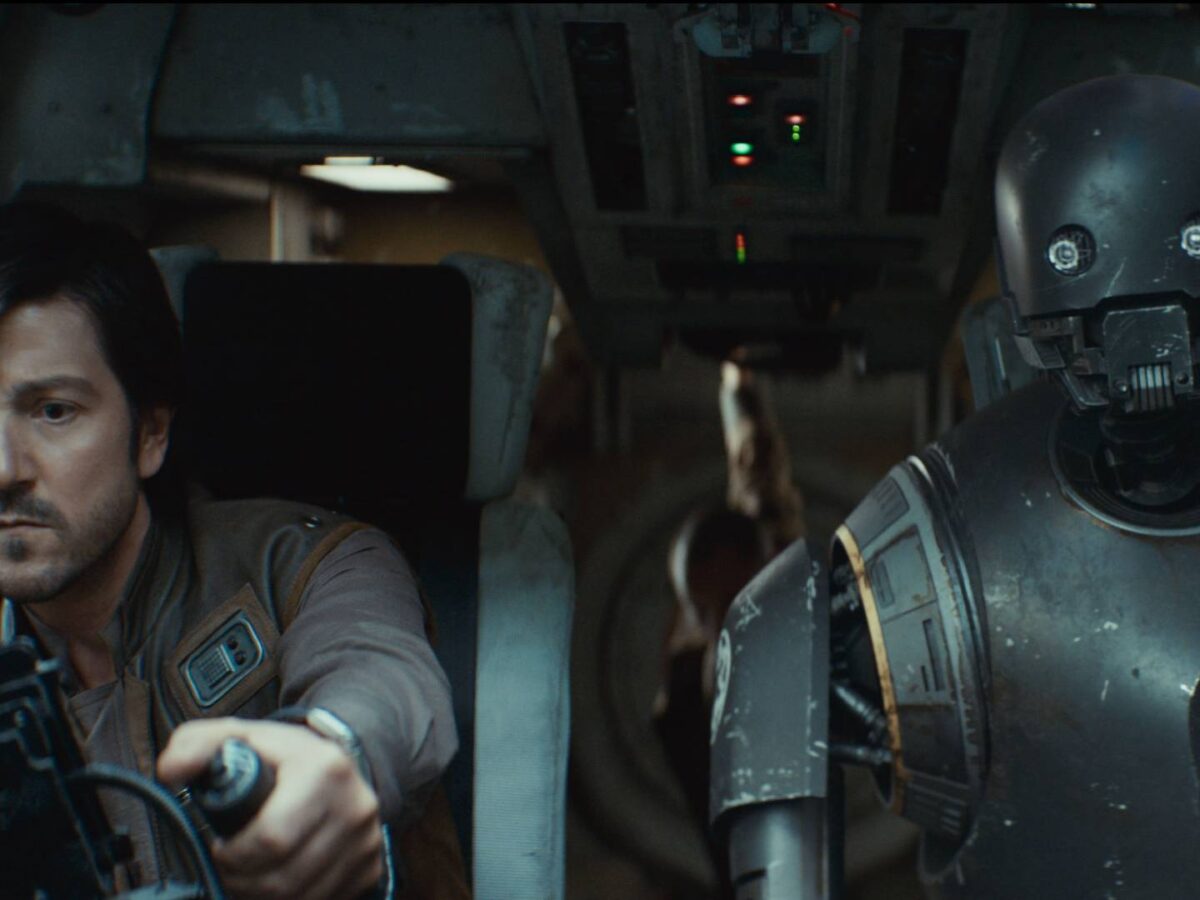In the latest installment of Chicago Fire, Season 13, Episode 14, titled “Bar Time,” viewers are thrust into a gripping narrative that intertwines personal demons with the relentless demands of firefighting. This episode delves deep into the complexities of Sam Carver‘s battle with alcoholism and introduces a poignant subplot involving Lyla Novak and her former fiancé, Scott Osbourne. The night shift at Firehouse 51 becomes a crucible where past and present collide, testing the resilience and camaraderie of its members.
Carver’s Struggle with Sobriety
The episode opens with a palpable tension surrounding Sam Carver. His recent behaviors have raised eyebrows, particularly with Violet Mikami, who notices inconsistencies in his accounts. Carver’s admission to taking extra shifts at another firehouse, ostensibly to keep himself occupied, masks a deeper issue. He confesses to Violet that the only time he refrains from drinking is when he’s on duty, highlighting a precarious coping mechanism. This revelation sets the stage for a confrontation that forces Carver to confront his addiction head-on. As detailed by NBC Insider, Carver acknowledges his relapse, stating, “The only time I haven’t taken a drink is when I’m on shift.” This admission underscores the gravity of his situation and his recognition of the need for a structured recovery plan.
Novak’s Unexpected Reunion with Osbourne
Parallel to Carver’s turmoil, Lyla Novak faces her own emotional upheaval. The arrival of Scott Osbourne, her ex-fiancé, as a ride-along trainee, catches her off guard. Their history is fraught with unresolved issues, primarily stemming from Novak’s abrupt departure from their engagement. Throughout the night, as they respond to various emergencies, the tension between them is palpable. However, these shared experiences become a conduit for reconciliation. They confront their past, leading to heartfelt apologies and a renewed mutual respect. This subplot not only adds depth to Novak’s character but also illustrates the personal sacrifices and complexities that firefighters often navigate. Fangirlish aptly notes that this episode showcases “how far Carver and Novak have come since they arrived at Firehouse 51,” emphasizing their personal growth amidst professional challenges.
The Firehouse 51 Dynamic Amidst Personal Turmoil
The backbone of Chicago Fire has always been the unyielding bond among the firefighters of Firehouse 51. In “Bar Time,” this camaraderie is both tested and reaffirmed. Christopher Herrmann grapples with the administrative burdens of leadership in Chief Pascal’s absence, highlighting the often-overlooked challenges beyond the frontline. Meanwhile, the team confronts a series of intense emergencies, from a gunshot victim left at their doorstep to a bar altercation requiring immediate intervention. These incidents serve as a backdrop, emphasizing the relentless nature of their profession and the necessity for unwavering trust and support within the team. As One Chicago Center observes, the episode masterfully blends personal and professional narratives, showcasing the intricate balance firefighters maintain between their duty and personal lives.
A Pivotal Decision and Its Repercussions
Carver’s internal battle reaches a crescendo when Violet confronts him about his sobriety, suspecting he might be drinking on the job after smelling alcohol on him. Despite his assurances that he hasn’t consumed alcohol while on duty, the trust between them is fractured. This confrontation propels Carver to make a pivotal decision: to take a furlough from Firehouse 51 and seek help for his addiction. In a poignant exchange with Lieutenant Stella Kidd, Carver admits his struggles, expressing his fear of jeopardizing his career and acknowledging the need for a solid foundation before relying solely on support meetings. Kidd’s response, filled with empathy and pride, reinforces the firehouse’s familial bond. Carver’s departure is marked by a heartfelt note to Violet, stating, “You’ve always mattered. See you on the other side.” This moment encapsulates the emotional gravity of his decision and leaves viewers contemplating the future dynamics within the team.
The Road Ahead for Firehouse 51
“Bar Time” serves as a poignant reminder of the personal battles that often lie beneath the surface of professional lives. Sam Carver‘s journey toward sobriety and Lyla Novak‘s reconciliation with her past are emblematic of the broader human experience, reflecting themes of vulnerability, redemption, and the enduring power of support systems. As Chicago Fire progresses, the ripple effects of these events are poised to influence the narrative trajectory, challenging the characters to adapt and grow both individually and collectively. The episode concludes on a note of uncertainty, prompting viewers to ponder: How will Firehouse 51 navigate the void left by Carver’s absence, and what does the future hold for these resilient firefighters?
Looking for the best deals on Amazon products? Look no further! We have handpicked some of the most popular and top-rated products available on the platform. Click to see the collection.
